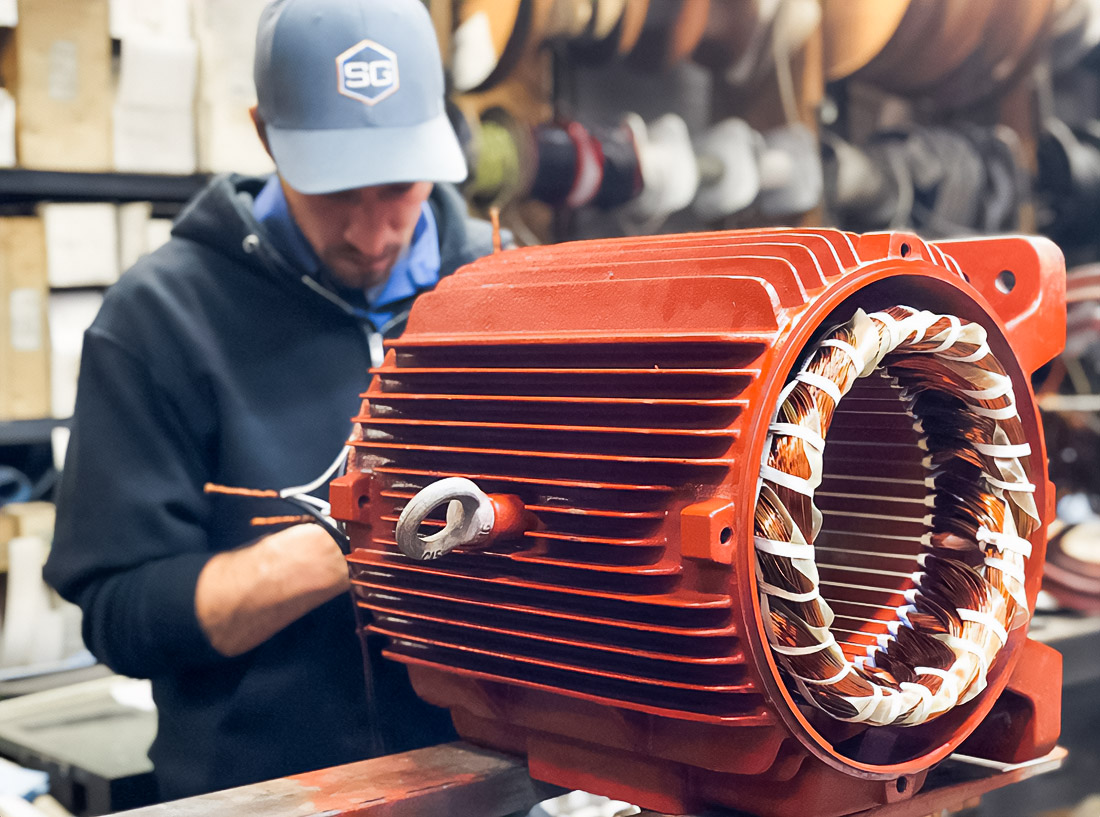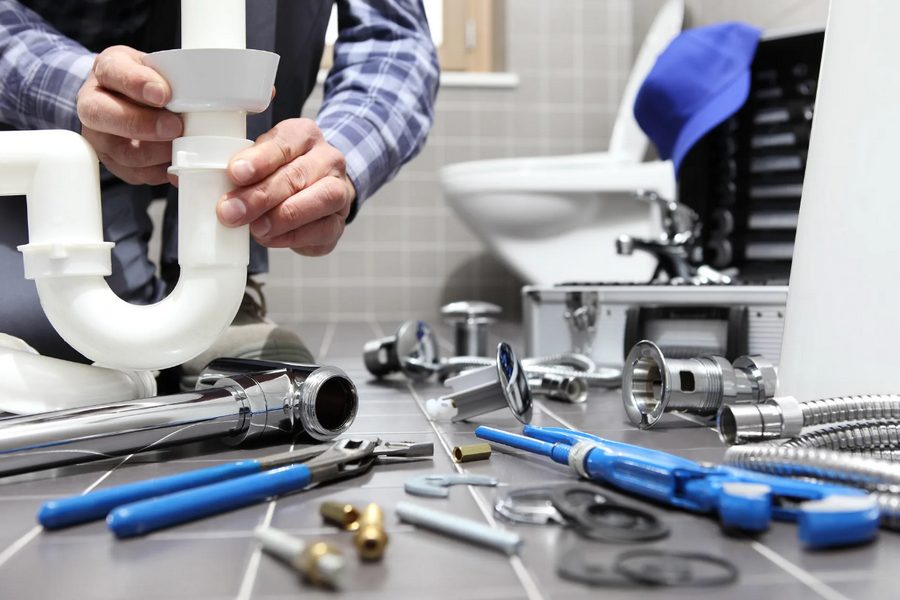Electro motors operate in a wide variety of conditions. They encounter dust and sand in the mine. On ships they face salt water, vibration, and temperature fluctuations. In water supply systems and sewage treatment plants they constantly work with liquids and a chemically active medium. To prevent the engine from failing, engineers use the IP Ingress Protection classification, which shows the degree of protection of the housing from dust and moisture. Companies, including an electro mechanical company, rely on this standard when designing and supplying motors for different industries.
The Meaning of Two digits in the code
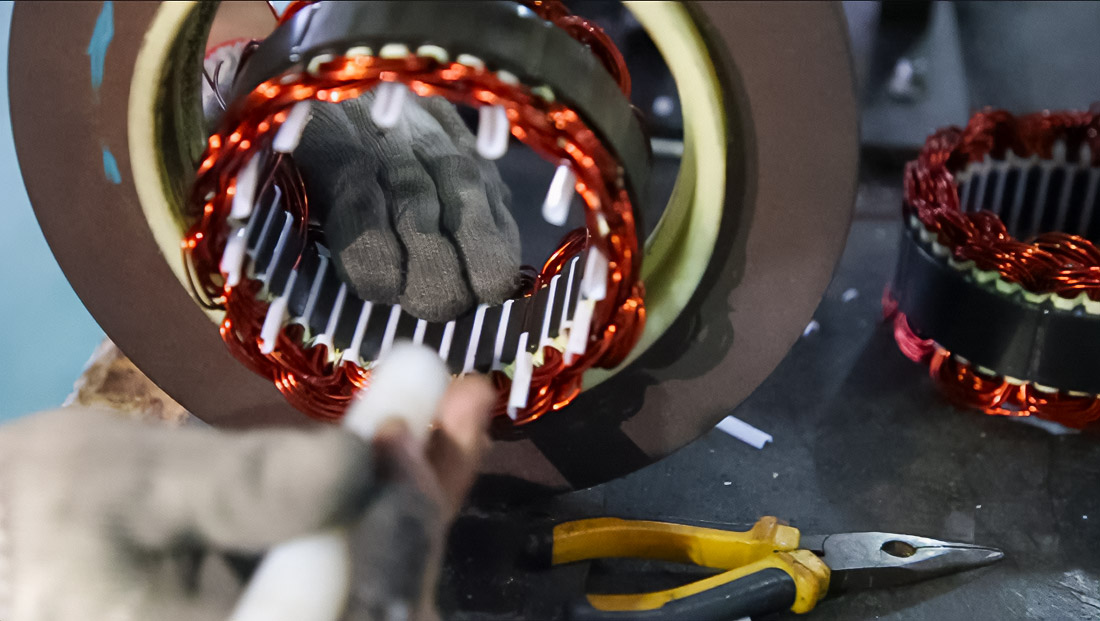
The first digit describes the protection against solid particles. The maximum is 6, which means it is completely dustproof. The second digit is responsible for moisture protection and varies from 0 to 9. The nine guarantees resistance even to water jets under pressure and high temperature. Example: IP55. This level is suitable for most rooms, protecting them from dust and water jets. But for continuous underwater operation, IP68 is required. Here, the first digit “6” eliminates dust ingress, and the second “8” allows the engine to withstand prolonged immersion.
Why is “6” so important
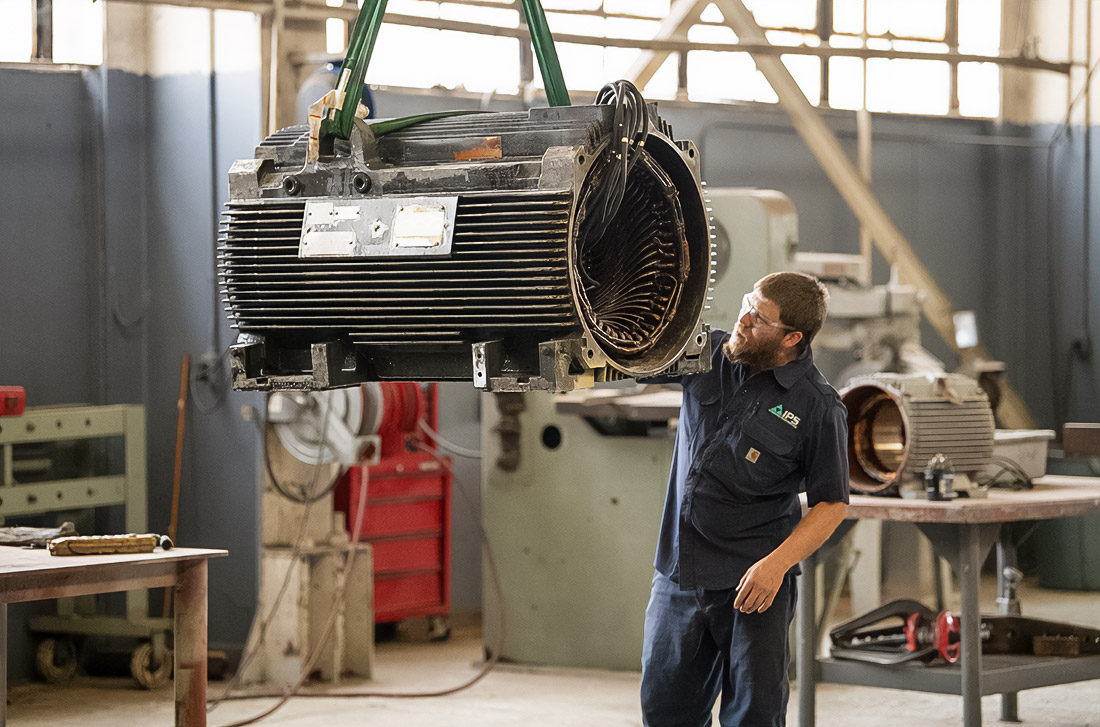
Even a small amount of dust can shorten the service life of the equipment. Sand settles inside the case, bearings collapse, and windings overheat. In mines or sewage systems, an engine with a level below “6” quickly fails. That is why dust protection is a key parameter for equipment operating in dirty or sandy environments.
The Value of the Second digit
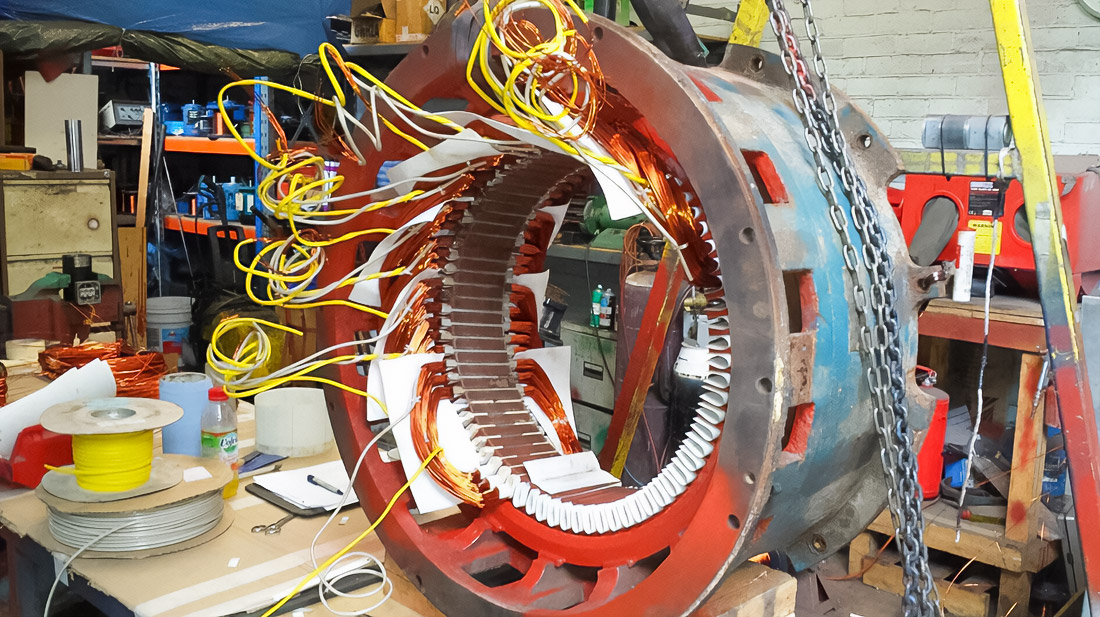
IP67 allows temporary immersion up to 30 minutes to a depth of one meter. This is not enough for pumps or thrusters that operate continuously. The marine industry uses IP68. Such an engine has special seals, pressure balancing systems and an epoxy coating. All this ensures resistance to water penetration and allows you to work without interruption at great depths.
Practical Application
- Production halls and warehouses — IP55.
- Construction sites, mines, sewage treatment plants — IP66 and above.
- Marine vessels, screw drives, pumps and winches are IP68 only.
Each environment requires a special approach. For example, salt water destroys materials faster than fresh water. Therefore, marine engines are made of corrosion-resistant materials and equipped with a cooling and sealing system.
Operation and Maintenance
Before repair, the engine must be de-energized and lockout/tagout (LOTO) must be used. This prevents accidental start-up. For belt drives, it is important to monitor tension and alignment. In conditions of high temperature or the presence of flammable substances, special belts are used: antistatic, heat-resistant or oil-resistant. It is impossible to work without protective covers, as this poses a risk of injury and fire.
Practical Benefit
A proper IP rating reduces the risks of accidents, downtime, and repair costs. An incorrectly selected level leads to overheating, short circuits and node failure. IP68 for underwater applications is a guarantee of durability and reliability. Such an engine can withstand prolonged exposure to water, chemicals and precipitation, while maintaining efficiency and safety.
Conclusion
An IP rating is not just a label. This is an indicator on which the operational life, the safety of personnel and the system’s resistance to external influences depend. Indoor IP55 is sufficient. For mines and sewage treatment plants, IP66 is required. IP68 is becoming mandatory for the marine industry and underwater operations. It is this level that makes the operation of the equipment stable and predictable even in the most difficult conditions.

Skateboarder, ninja, guitarist, Mad Men fan and creative consultant. Doing at the sweet spot between modernism and programing to develop visual solutions that inform and persuade. Let’s design a world that’s thoughtful, considered and aesthetically pleasing.
